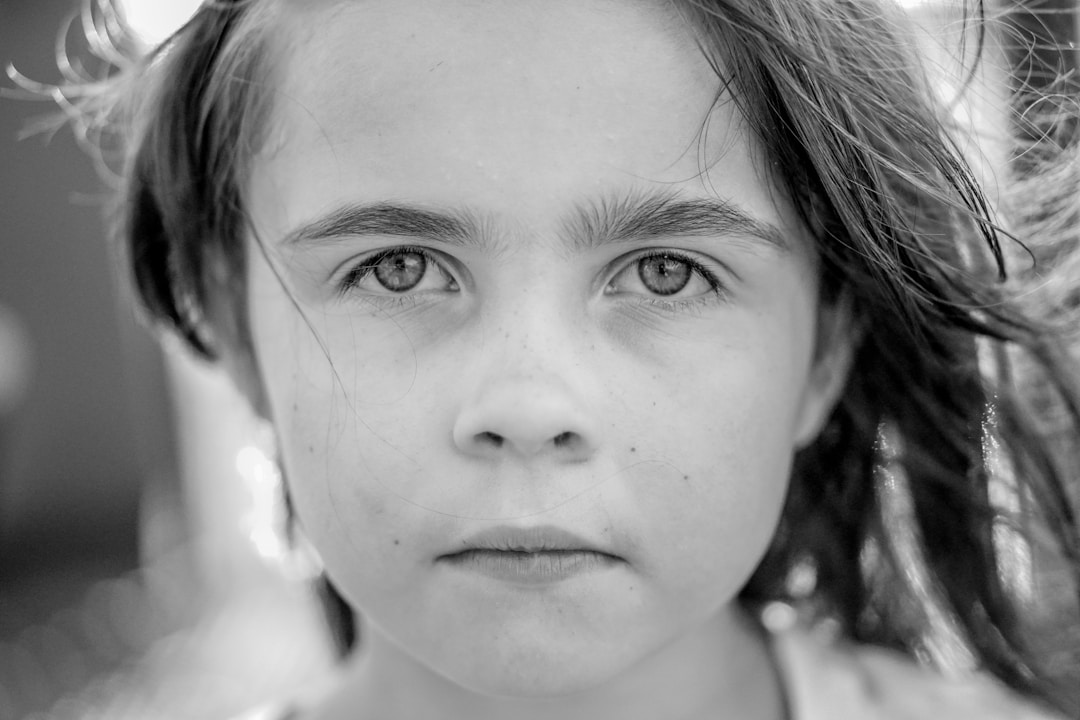Kids don’t come with handbooks, and no two kids are exactly the same. For this reason, it’s hard to know what’s a normal mood or tantrum and what’s a sign of something bigger and more serious. If you’re not sure how to tell if your child needs professional help or may even suffer from a mental illness, read on.
Changes in Behavior

No parent or unlicensed person can ever effectively diagnose a mental health disorder in a child. While a Google search for ‘children mental disorders‘ might point you in the direction of something like conduct disorder, bipolar disorder, hyperactivity disorder, or even autism spectrum disorder, a symptom checker is not the same as a trained and licensed psychologist or doctor.
The good news is because you know your child better than any of the professionals, you can still play a key role in helping your child if you suspect something’s wrong. If, for example, your child of any age is experiencing major changes in behavior, it could be an indication of mental health problems. From mood disorders to eating disorders, like anorexia or bulimia, all kids go through periods where it doesn’t hurt to have them examined by a mental health professional. What might seem like a serious problem could also be a normal developmental stage. For this reason, if you suspect your child or adolescent needs to see a doctor or their pediatrician due to a behavior problem, don’t hesitate to bring them in. In the end, the point of the visit might even just be to make yourself feel better.
Social Isolation

Social isolation could be an indicator of something like social anxiety or even bullying at school. Maybe your child or adolescent attends Catholic Preparatory School in Middletown, NJ, and has always enjoyed spending time with friends after school. Lately, though, he’s been coming home early and retreating to his room. There are a variety of reasons this could be. While some could point to a serious mental health crisis like clinical depression or the beginning signs of bipolar disorder, it could also be something as normal as going through puberty.
Start by having an honest conversation with your child about what’s going on at school. If you don’t feel they’re being honest with you, it might be worth giving the doctor a call.
Lack of Interest

A lack of interest in things a child once loved can be the first sign of a mental health disorder. It could also indicate substance abuse or any number of mental health disorders most people have never even heard of. Or, it could be something normal and more easily explained depending on a child’s age. Maybe it’s not that your daughter doesn’t like soccer anymore. Maybe it’s that she’s changed her mind and wants to be in the band instead of playing sports. Not every change in a child’s life indicates crisis or something serious. Instead, some changes are merely symptoms of a child’s age and natural development.
Academic Achievement Decline

A sudden or sharp decline in academic performance could indicate many things. If this is happening to your child, start with a conversation. After speaking to them, reach out to your child’s teacher‚Äîthe school guidance counselor and your child’s teacher might have the insight to help you understand what’s going on. Look at your home life, too. Has something changed? Are they getting enough sleep? Are they worried about something? If you can’t get answers, it may be time to reach out to a mental health professional.
In the end, you are your child’s best advocate. In getting them help for changes of mood, behavior, interest, or academic performance as soon as you suspect a problem, you’re doing them a favor. By finding them a therapist or clinical social worker to help them sort out their worries and concerns and reminding them of their strengths, you’ll be one step closer to a healthier, happier kid. Never try to diagnose a child on your own as this may cause distress that’s unnecessary.
Whether or not they have a mental disorder is something the professionals can decide and you’ll be there to help them with it. For now, in standing by your child or adolescent and reassuring them that you’ll be there for them unconditionally, you’ll already be helping to eliminate excessive anxiety that often comes with change. At the end, when your child feels better again, they might even thank you for it.


